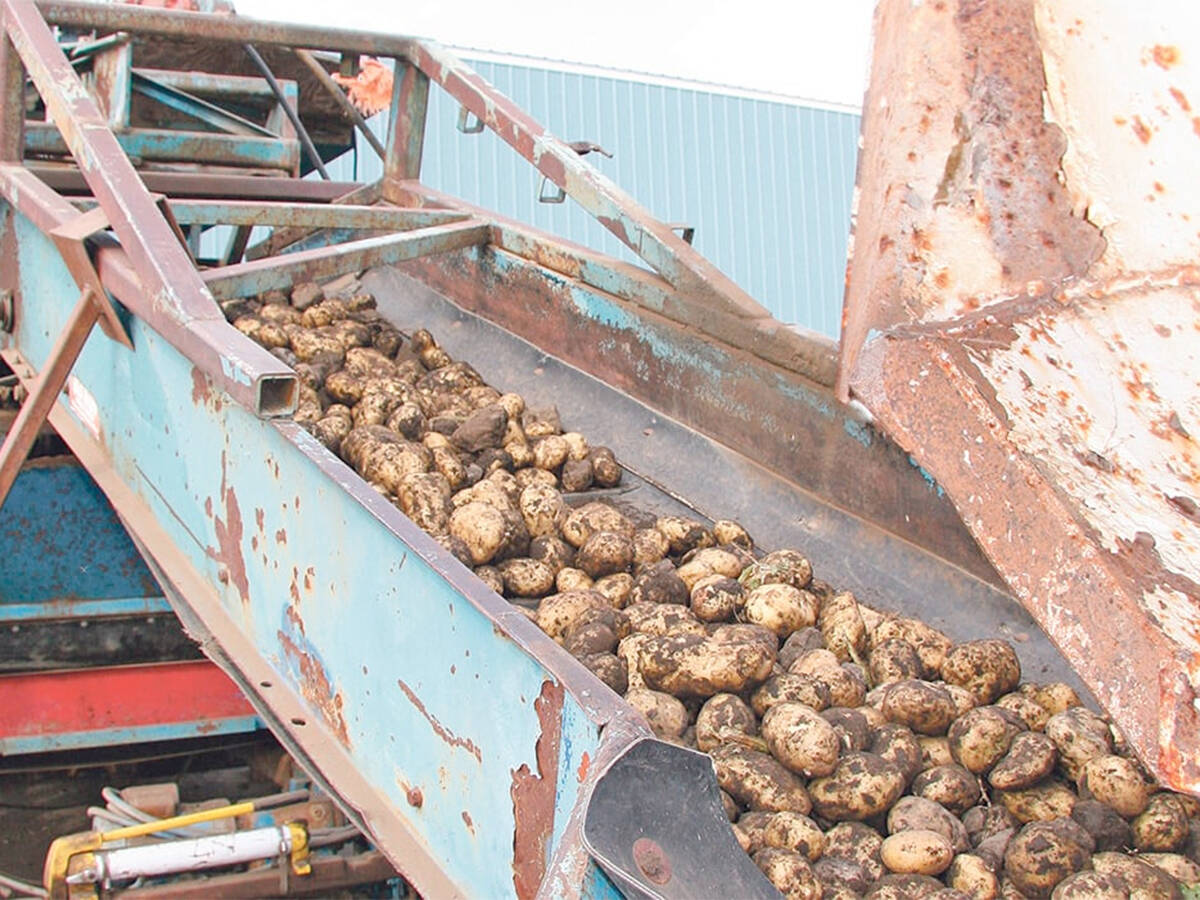World leaders should proceed with caution in efforts to crack down on speculation in commodity markets and must first understand what is causing prices to rise, the Bank of Canada said Feb. 10.
French President Nicolas Sarkozy, who is chairing the G20 this year, has put reform of the commodity derivatives market near the top of the group’s agenda.
“Before racing to solution, however, it is important to understand what forces are driving these prices,” John Murray, deputy governor of Canada’s central bank, said in a speech.
Read Also

Potato growers beware new PVY strains
Newer strains of potato virus Y (PVY) are creating headaches for potato farms in Eastern Canada, and Manitoba farmers should pay attention
He said evidence suggests most of the major commodity price swings as well as short-term volatility are driven by market fundamentals. Governments should only resort to stricter regulation if speculation is having a proven destabilizing effect.
“Policy-makers determined to take corrective action should therefore proceed with caution. Without a clear diagnosis it is difficult to talk about remedies and policy fixes with any confidence,” he said.
French proposals include limiting positions investors can take in commodities markets and regulating over-the-counter (OTC) trades. Financial reform in the United States has also proposed that limits be put on speculative trading.
Murray said regulating the limits on allowable contracts or tighter margin requirements could “handicap” markets. Limits on commodity prices could result in reduced supply, he said.
Murray said there is a consensus, however, on less controversial reforms such as improved transparency in markets.














